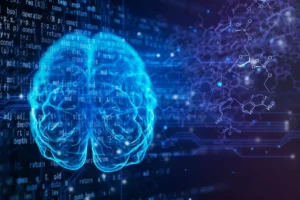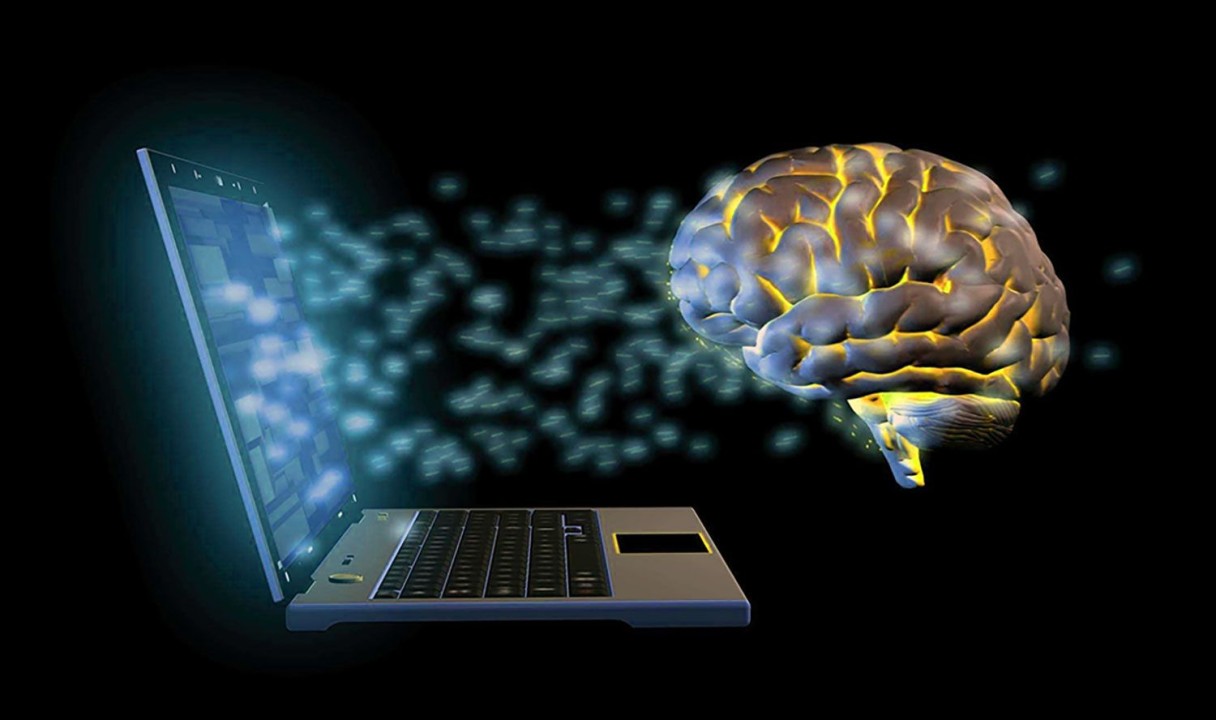Introduction:
As a leading AI researcher and ethicist, Dr. David Chen has spent years at the forefront of the debate surrounding artificial intelligence and its ethical implications. With a Ph.D. in Computer Science and numerous publications on AI ethics, Dr. Chen brings a unique perspective to the discussion, combining technical expertise with a deep commitment to ethical inquiry.
AI Ethics Rise of Artificial Intelligence

Artificial Intelligence (AI) has become an integral part of our lives. From voice assistants to self-driving cars, AI is transforming the way we live and work. However, as AI continues to advance, it raises important ethical questions that we need to address before it’s too late.
The Need for AI Ethics Guidelines
AI has the potential to greatly benefit society, but it also comes with risks. Without proper ethical guidelines, AI can be used in ways that harm individuals or perpetuate biases. It is crucial that we establish a framework of ethical principles to guide the development and use of AI.
Questions to Consider for AI Ethics
Here are 10 important questions that we need to answer in order to navigate the AI ethics labyrinth:
How do we ensure transparency and AI Ethics
AI algorithms can be complex and opaque. It is essential that we understand how AI systems make decisions and ensure transparency in their processes.
What are the potential biases?

AI systems are trained on data, and if that data is biased, the AI system will also be biased. We must identify and address any biases in AI algorithms to ensure fairness and equity.
Who is responsible for AI Ethics decisions?
As AI becomes more autonomous, it raises questions of accountability. Who should be held responsible if an AI system makes a harmful decision?
How do we protect privacy?
AI relies on vast amounts of data, and privacy concerns are paramount. We need to establish robust privacy protections to safeguard individuals’ personal information.
What are the implications for employment?
AI has the potential to automate many jobs, leading to significant changes in the workforce. We must consider the impact on employment and develop strategies to support workers in this transition.
What about the digital divide?
AI technologies can exacerbate existing inequalities. We need to ensure that access to AI is equitable and that it does not widen the digital divide.
How do we prevent AI from being weaponized?
AI can be used for malicious purposes, such as cyberattacks or autonomous weapons. We must establish safeguards to prevent AI from being weaponized.
What are the ethical implications of AI in healthcare?
AI has the potential to revolutionize healthcare, but it also raises ethical concerns. We need to carefully consider the ethical implications of AI in healthcare, such as privacy, consent, and bias.
How do we ensure AI benefits all of humanity?
AI should be developed and used in ways that benefit all of humanity, not just a select few. We must prioritize inclusivity and ensure that AI technologies are accessible and beneficial to everyone.
How do we govern AI?
AI is a global phenomenon, and we need international cooperation to govern its development and use. We must establish global standards and frameworks to guide the ethical use of AI.
Conclusion
As AI continues to advance, it is crucial that we address the ethical questions it raises. By answering these 10 questions, we can navigate the AI ethics labyrinth and ensure that AI is developed and used in a way that benefits humanity as a whole. Let’s work together to shape the future of AI ethically and responsibly.


